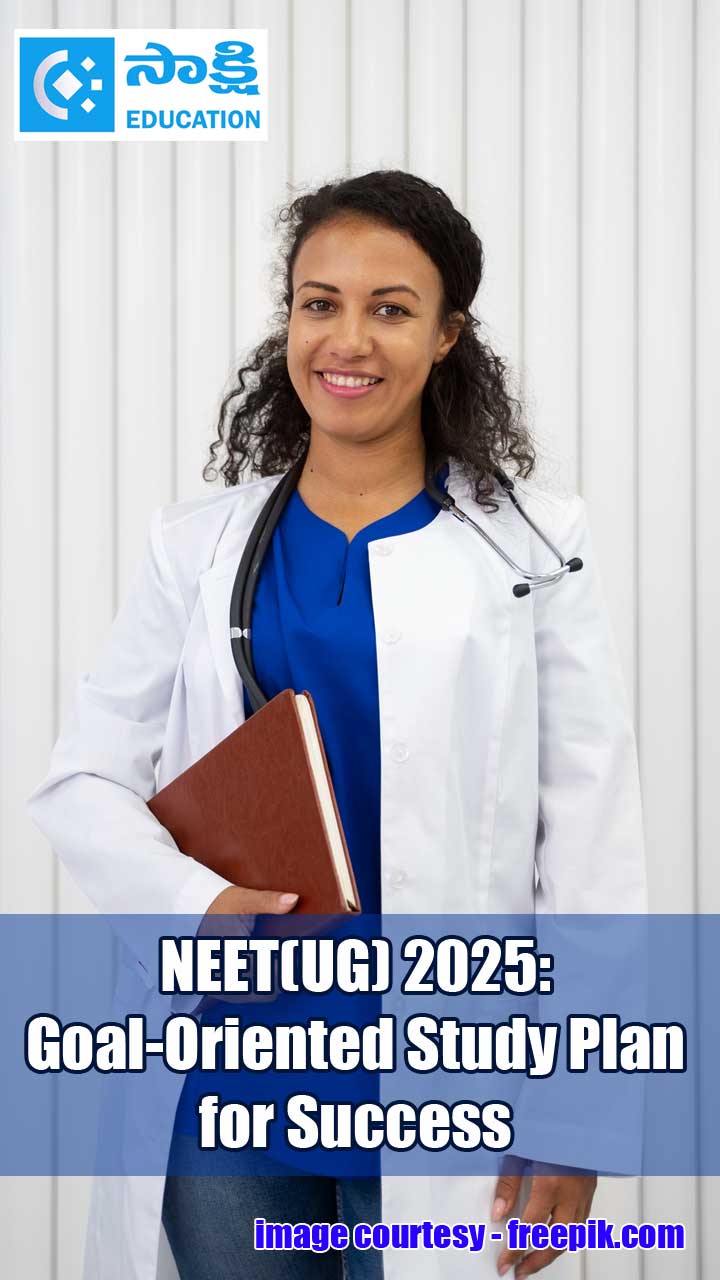Education And Skill Development: A Case Study Of Life Sciences

Even though the definitionof education varies by region and culture, most people agree that education is important for asuccessful life. Therefore, education becomes a right of every citizen for their own survival aswell as responsibility of the government for collective progress. It is important to view cultural and professional education separately. There could bedifferences of opinion regarding the type of values and culture that are taught in educationalinstitutions. But, the knowledge and skills that need to be learned for a professional careermust be scientific and should be of highest quality. This is even more important in presenttimes because the competition for jobs and revenue is becoming increasingly global thanregional. Compromising on the quality of education thus affects the economy and progress ofindividual states as well as the nation.Given the speed at which the needs of industry are changing, policy makers must consider theurgency of deriving a comprehensive and well-thought approach to strengthening theeducation at all levels. This includes inculcating scientific temper among the stakeholders,timely recruitment of quality teachers, collaboration among institutions as well as with theindustry, increasing emphasis on practical knowledge and skills, and cultivating anentrepreneurial spirit from a young age.
Also Read: Impactsure Technologies Private Limited Partners with BITS Pilani for Ground breaking AI Research Collaboration
Skill refers to performing a task effectively with ease. This requires working knowledge and expertise in a given subject area. Generally, skill refers to practical knowledge of a subject that includes a variety of vocational training. Additionally, competence to perform well in a job requires written and verbal communication, ability to work independently as well as in a group, adaptability, problem-solving etc. which are collectively referred to as soft skills.A survey among telangana professionals was conducted recently of which two-thirds have an experience of over ten years in life sciences, pharmacy and biotechnology sectorsand ahalf of the participants are from the government sector. Eighty percent of the faculty expressed that they are not satisfied with the present curricula at undergraduate and post graduate levels suggesting the need to revise and upgrade the syllabi according to changing needs of the academia and industry. About half of the teachers also opined that the available books are not adequate to meet the needs of present-day students further stressing the importance of considerable revision of existing text books. The faculty are of the opinion that a significant proportion of enrolled students doesn’t meet the required standards for completing aUG or PG course suggesting improving standards of education as well as student evaluation at school and college levels.
Also Read: 5,000 New Jobs in Revenue Department: Check Notification Details
The teaching faculty also think that the present level of academic structure is inadequate to address the future needs of the society and further emphasized that they need additional infrastructure support from the management or administrationto conduct practical classes regularly. Most of the faculty agree that they need to be updated intheir subject and upgrade their practical skills by periodically attending advanced training programs that are conducted by various government organizations.Further, collaborative networks with national institutes as well as the industry for internships and project work will strengthen real-world understanding of life sciences subjects. Surprisingly, more than half of the life science professionals are not even aware of life science ecosystem completelyin telangana that includes both government institutes as well as pharmacy and biotechnology companies.Comprehensive outreach programs are needed for faculty and students of life sciences to understand the opportunities and also to motivate the younger generation to take on entrepreneurial journey in pharmacy and biotechnology sectors that were already well established in the state of telangana. 
Another survey was conducted among a small group of life sciences students of which one-third of them are working either at a public university or a research institute.Similar to the opinion of faculty, more than eighty percent of students view that the current level of academic structure doesn’t address the future needs of the society. Even though most students expressed their wish to pursue a career in life sciences, only a very few are aware of the scientific institutes and private companies in the state further stressing the need of outreach programs to strengthen the life sciences ecosystem in the state of telangana. It is important to note that all the students are enthusiastic to participate in skill development programs to upgrade their practical knowledge. However, the students are disheartened by the lack of adequate opportunities and believe that their college or university department is not equipped enough to impart desired practical skills. Many of the students also viewed that their organization doesn’t support practical courses to the desired extent.
| ▶ Join our WhatsApp Channel: Click Here ▶ Join our Telegram Channel: Click Here |
▶ Follow our YouTube Channel: Click Here ▶ Follow our Instagram Page: Click Here |
Recently, the government of India has announced a policy named BioE3 (Biotechnology for Economy, Environment and Employment) with an aim to foster high performance biomanufacturing in the country. The focus of this ambitious program is on accelerating technology development and expansion of skilled workforce in life sciences sector. Furthermore, the government of telangana has also announced the building of pharmacy villages and dedicated universities for skill development as well as pharmacy education. We are recently witnessing interesting announcements both by the central and state governments perhaps due to realization of the importance of life sciences sector following the COVID19 period.Given the strong position of telangana in life sciences for several decades, it’s high time to capitalize on the existing ecosystem by further strengthening knowledge and skill base within the region. This can be achieved by integrating the development of life skills, soft skills and entrepreneurial skills along with subject-specific basic practical skills among students at the college and university level. Thiswill lessen burden on the pharmacy and biotechnologyindustry so that skill development courses can focus more on futuristic needs than just training students on what has to be learnt in college or university itself. Thus, a comprehensive academic exercise to improve the life science ecosystem in telangana is needed with all the stake holders that includeteachers, scientists and administrators from academia as well as representatives of the industry.The time is ripe to evolve a blue print for making telangana as the future capital of global pharmacy and biotechnology industry.
-- Dr. Rama Krishna Kancha, I/C. Director of CPMB, Osmania University. --















